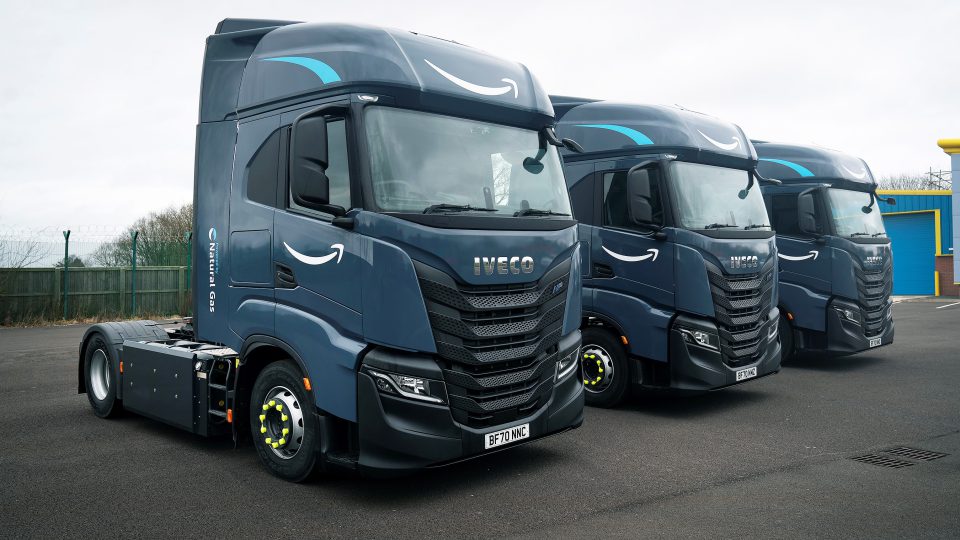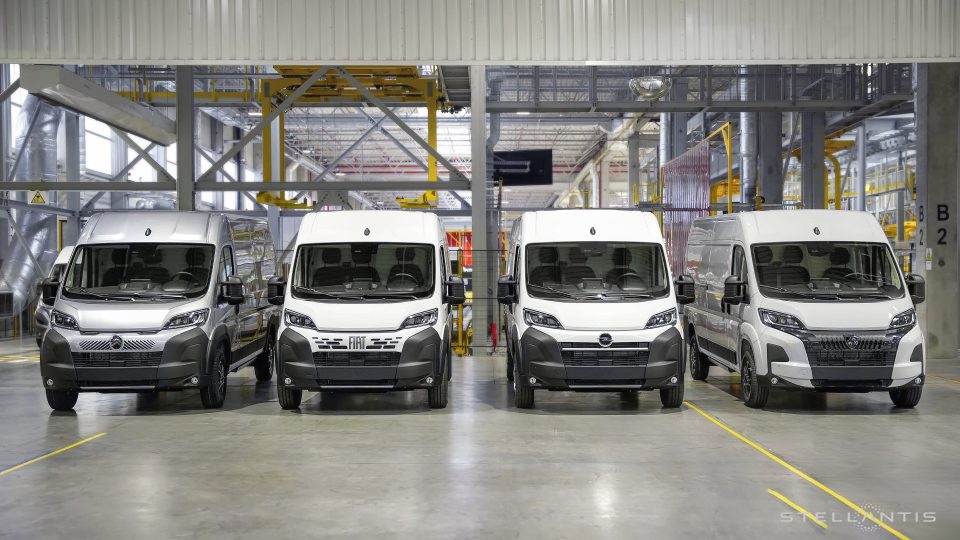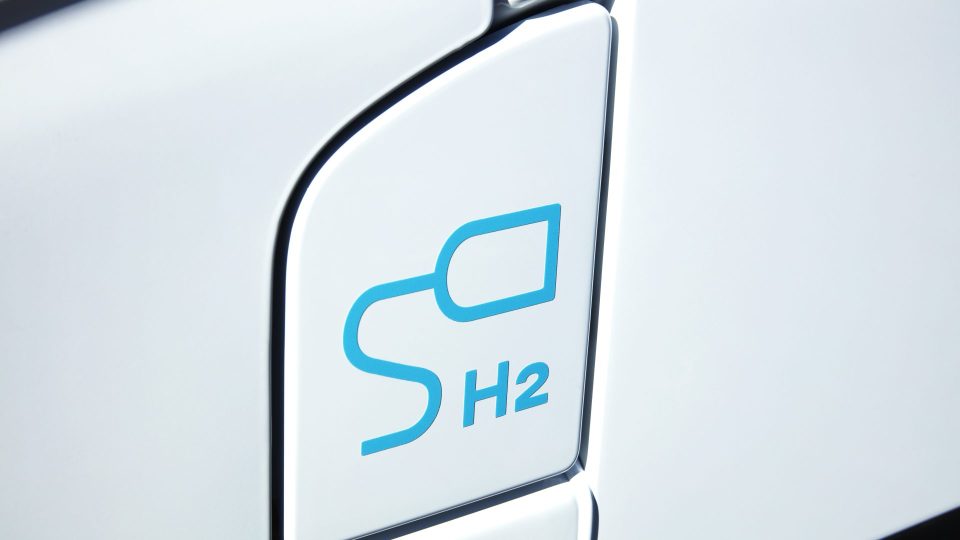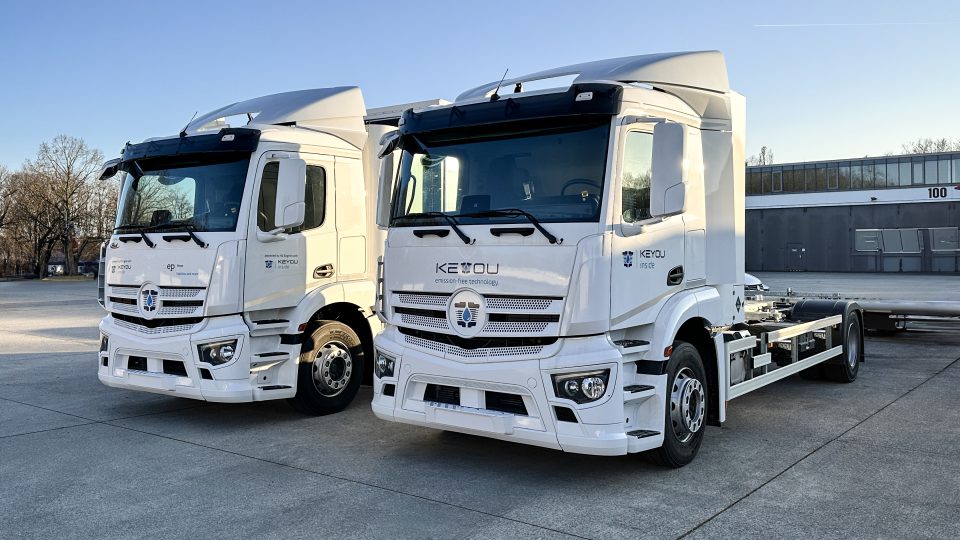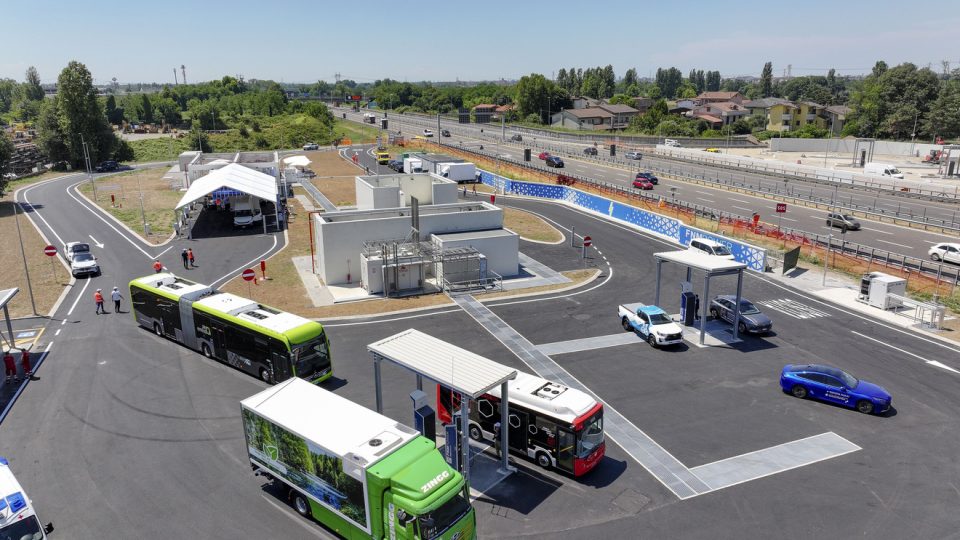Hydrogen for heavy duty vehicles. IVECO and Air Liquide to cooperate
The partnership is expected to allow the companies to dedicate means and resources to study the roll-out of heavy-duty fuel cell long-haul trucks coupled with the deployment of a network of renewable or low-carbon hydrogen refuelling stations.
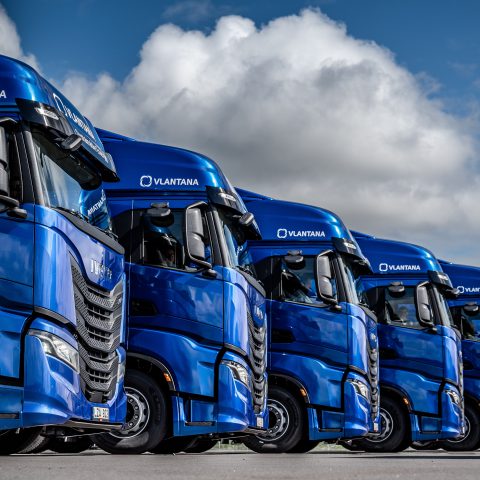
IVECO and Air Liquide have announced a Memorandum of Understanding to develop hydrogen mobility in Europe. According to the two companies, among the major global players in their sectors, the partnership is expected to allow the companies to dedicate means and resources to study the roll-out of heavy-duty fuel cell long-haul trucks coupled with the deployment of a network of renewable or low-carbon hydrogen refuelling stations along the main trans-European transport corridors.
Statements from IVECO and Air Liquide
«We are committed to the development of a hydrogen economy and are excited to collaborate with Air Liquide in researching the most effective way to provide operators with this sustainable alternative transport fuel», commented Luca Sra, designated President, Truck Business Unit, Iveco Group (here and here something more about the top management of the newco Iveco Group. «It is essential that we all focus on reaching global net zero-emission targets, working together to propel the industry faster in accomplishing this».
Potrebbe interessarti
IVECO gets huge order from Amazon. More than 1,000 CNG-fueled trucks headed to Europe
Matthieu Giard, Vice President, a member of the Executive Committee, supervising Hydrogen activities at Air Liquide, added: «Hydrogen can significantly contribute to reducing emissions of the transportation sector as it is particularly well suited for long-haul heavy-duty vehicles. Air Liquide is pleased to join forces with a leader such as IVECO to explore how to set this revolution in motion. In line with its sustainability objectives, Air Liquide acts in favor of the development of hydrogen ecosystems and contributes to the emergence of a low-carbon society».
The HyAMMED project in South France
Moreover, such a partnership is in line with the companies’ ongoing collaboration in the HyAMMED (Hydrogène à Aix-Marseille pour une Mobilité Ecologie et Durable) project in the South of France, to develop the first European fleet of fuel-cell electric 44 tonne trucks associated to the first high-pressure 1 tonne/day hydrogen refuelling station, targeting the decarbonization of long-haul freight mobility in Europe.




